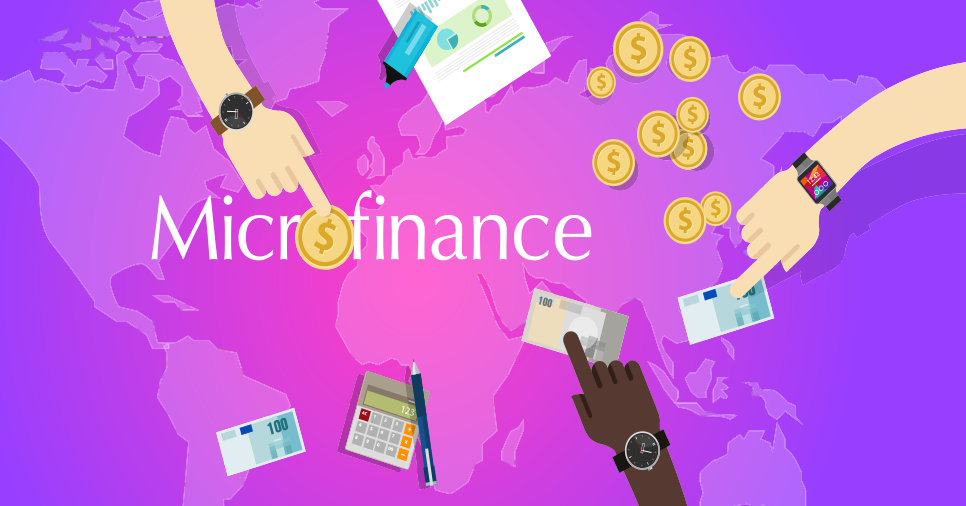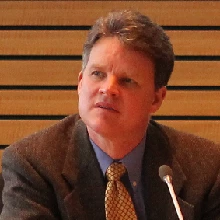 micro finance social business microfinance
micro finance social business microfinance
Now available on the World Bank Data Catalog, the MIX Market dataset can be combined with other financial and development data for richer, more comprehensive insights.
The Microfinance Information Exchange (MIX) Market dataset, used to compare and analyze the performance of financial service providers (FSPs) and microfinance institutions (MFIs) in more than 100 developing markets, is now freely available via the World Bank Open Data Catalog.
The potential impact of making this high-value repository of essential information open to everyone—without charge—is especially significant in underserved, low-income communities, which will benefit from access to meaningful intelligence and greater transparency in the microfinance industry.
MIX was launched in 2002, with the objective of providing market data and analyses to financial institutions, investors, and policymakers. At that time, this type of information was scarce, and what did exist was not widely accessible.
One of MIX’s core products, the MIX Market database, provided self-reported data on FSPs, targeting the unbanked in developing markets across five continents. FSP data points included data on financial statements (e.g., income statements, balance sheets), operations, financial products, end clients, and social performance, from June 1999 to September 2019. These data were collected, analyzed, and reported to the MIX Market database, in accordance with recognized standards within the microfinance and inclusive finance sectors, for dissemination to the public through both free and subscription products.
Over time, the database grew deeper, beyond finance and operational data, to capture data on credit, products on offer, loans, and other resources and services in the microfinance industry, and established itself as a local market for MFI data. With its many contributions from reliable sources—there are over 2,500 citations of published research available on Google Scholar alone—the database earned respect from socially responsible investors and policymakers who supported building or expanding financially inclusive systems.
How the World Bank and MIX are Opening Doors to Financial Inclusion
Nearly three billion people in developing countries have little or no access to the loans, insurance, money transfers, and other financial services that they need to improve their health, income, education, or living conditions. By providing financial services to individuals and small businesses that lack access to conventional banking, microfinance has played an essential role for decades in deepening financial inclusion and enabling fuller economic participation for those groups.
For many years, the World Bank has been working to use microfinance to increase access to basic financial services for those who have been historically underserved. Through the Consultative Group to Assist the Poorest (CGAP), the World Bank helped establish the MIX Market in 2002. The Bank has also been a subscriber, and has contributed to the ongoing development of the database by applying its findings to a wide range of important questions and applications in microfinance.
In September 2019, MIX announced two strategic shifts including moving the MIX Market dataset to the World Bank Open Data Catalog. As part of the transition, the MIX Market dataset also became available via the World Bank’s Databank platform and as downloadable spreadsheets.
MIX Market as Open Data: Bringing Inclusive Finance to a Broader Demographic
Because the MIX Market database includes extensive information on thousands of FSPs collected over 15 years, its uses are diverse and numerous. For example, as open data, the dataset can be:
- A resource for providing a deeper understanding of how financial inclusion benefits poor households specifically, and economic development more broadly
- Highly useful for benchmarking financial sector development across countries
- Used to track or complement analyses of individual FSPs
- Combined with other relevant open databases, such as the Global Financial Inclusion Database (Findex), to unlock greater insights
The expansion of access to the MIX Market dataset and the widening of its focus to include inclusive finance increase its ability to support low-income populations locked out of conventional financial systems in developing countries. And from its current location on the World Bank Data Catalog, the dataset can offer these populations valuable data that had not been available to them before.




Join the Conversation